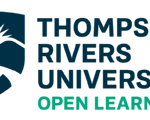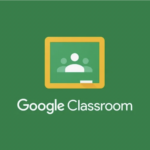In the age of social media, we see millions of ways that these tools can be used for learning. LinkedIn acts as a platform for networking and can connect educators with students and industry experts. Twitter, instagram, facebook, and tiktok give realtime updates to the most trending articles and topics on the internet. Finally, EdTech platforms like google classroom, OpenETC, moodle, brightspace, and EdPuzzle allow teachers to bring learning online. This allows students to continue to learn the regular curriculum, while building digital literacy skills which are essential in this day and age.
More implications emerge when we’re dealing with children or the elderly. Making sure to be strictly professional is essential in these terms. Ensuring privacy and confidentiality online, especially in BC (where we have some of the most strict privacy laws in the country, if not the world) is paramount because we could very well lose our jobs by exposing student information or identification online. We need to make sure we get consent from parents or guardians before we share anything about their children online. Although they are our students and we spend plenty of time with them, the guardians have the ultimate say in what about their child (if anything) goes online. Staying up to date on FIPPA laws and provincial/district guidelines around using technology is essential to staying respectful when using technology. Social Media can be a fantastic tool to advance learning in the classroom, but it is essential to stay within these boundaries so as not to overstep into parental rights, break district/provincial guidelines, or accidentally break the law without even knowing

